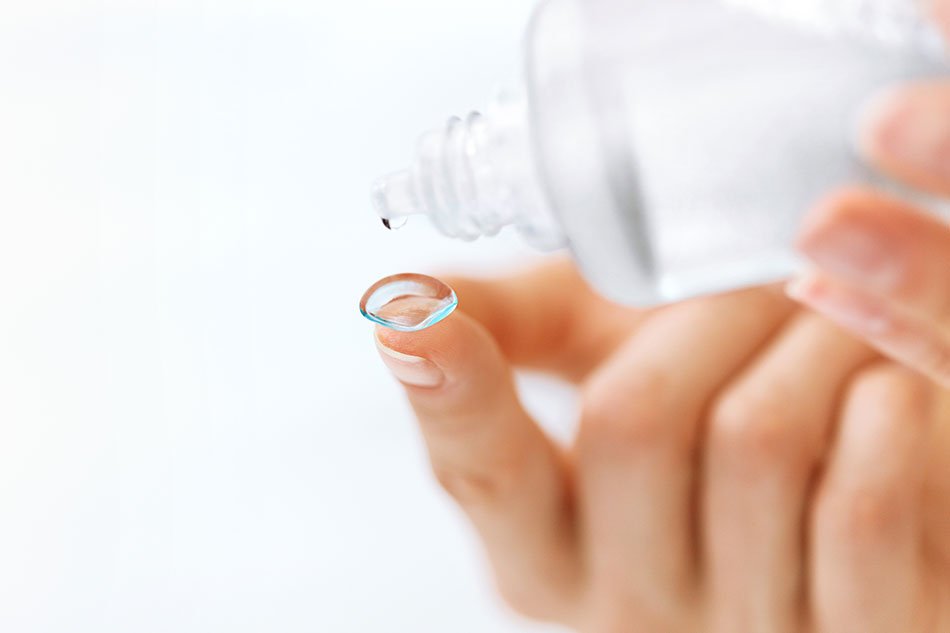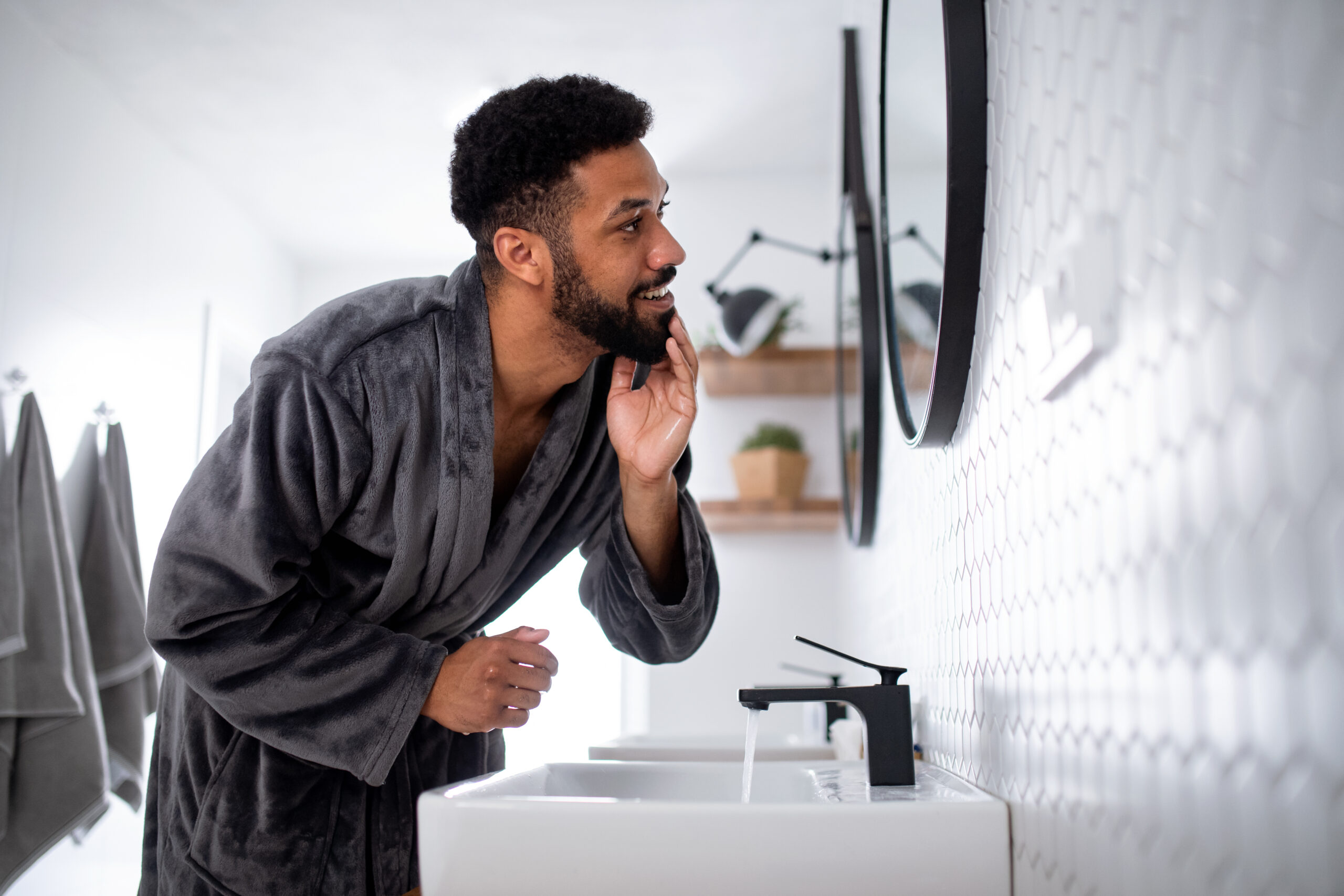Your Essential Guide to Safe Contact Lens Wear: Do’s and Don’ts

Contact lenses can be life-changing, offering clear vision without the need for glasses. They give you freedom for sports, social events, and everyday life. But with that convenience comes responsibility. Without proper care, contacts can put your eyes at risk for painful infections and even permanent vision loss.
At SightMD, our ophthalmologists see patients every day who experience problems from unsafe contact lens habits. This guide highlights the essential do’s and don’ts of contact lens safety so you can keep your eyes healthy and your vision sharp.
The Do’s: Healthy Habits for Contact Lens Wearers
A few daily steps can dramatically lower your risk of infection and discomfort. Make these habits part of your routine:
- Do wash your hands before touching your lenses. Always use soap and water, then dry your hands with a clean towel before handling contacts. This prevents harmful bacteria from transferring to your eyes.
- Do use fresh solution every time. Never “top off” yesterday’s fluid. Replace it daily to avoid contamination. Think of it like washing your face—you wouldn’t use the same water twice.
- Do follow your prescribed schedule. Daily disposables must be thrown out each day. Bi-weekly and monthly lenses must be replaced on time, even if they still feel comfortable.
- Do replace your lens case regularly. Cases can harbor bacteria and biofilm. Swap yours out every three months for safety.
- Do keep glasses as a backup. Your eyes need breaks from contact lenses. Wearing glasses occasionally lets your corneas get the oxygen they need.
The Don’ts: Dangerous Contact Lens Habits to Avoid
Even one mistake can lead to infection. Protect your vision by steering clear of these risky behaviors:
- Don’t sleep in your contacts. Unless prescribed for extended wear, overnight use deprives your cornea of oxygen and raises your risk of infection.
- Don’t rinse lenses with tap water. Water—whether tap, distilled, or bottled—can contain microbes like Acanthamoeba that cause devastating corneal infections.
- Don’t swim or shower in contacts. Pools, lakes, and even tap water are breeding grounds for bacteria and parasites that can get trapped under lenses.
- Don’t ignore warning signs. Remove your contacts immediately if you notice redness, pain, blurred vision, tearing, or light sensitivity. These may be early signs of infection.
- Don’t use saliva to clean lenses. Your mouth contains bacteria that have no place in your eye. Using saliva dramatically raises your infection risk.
Why Proper Contact Lens Care Matters
Improper contact lens care doesn’t just cause irritation—it can permanently damage your vision. The most serious risk is a corneal ulcer, an open sore caused by infection. Left untreated, ulcers can scar your cornea, requiring a corneal transplant or leading to permanent vision loss.
When to See a Doctor Immediately
Seek urgent eye care if you experience:
- Sudden or severe eye pain
- Persistent redness or irritation
- Blurred or decreased vision
- Extreme sensitivity to light
Prompt treatment can mean the difference between quick recovery and lasting vision problems.
Frequently Asked Questions
No. Most lenses are not approved for overnight wear. Sleeping in them significantly raises your risk of infection.
Never. Tap water contains bacteria and parasites that can cause serious infections. Always use sterile lens solution.
Only as long as your doctor and the manufacturer recommend. Overwearing lenses deprives your cornea of oxygen.
No. Water exposes you to harmful microorganisms that can get trapped under lenses. Prescription goggles are a safer option.
Wearing lenses too long increases your risk of dryness, corneal swelling, and infection. Always stick to your schedule.
Protect Your Eyes with Expert Care
Your vision is too important to risk on bad habits. By following the simple do’s and don’ts of contact lens safety, you can enjoy the freedom of contacts without compromising your eye health.
If you’re experiencing discomfort or symptoms of a contact lens infection, don’t wait. Book an appointment with our contact lens specialists today.


